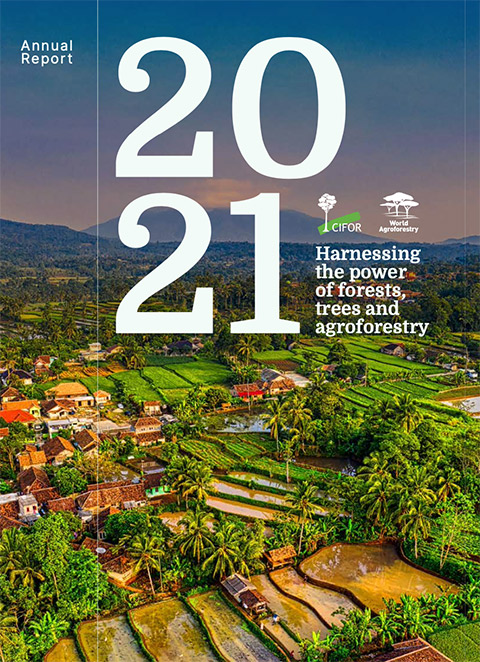Trees play an important role in the nutrition and food security of people worldwide. Whether in forests or on farms, trees benefit communities both directly through the foods they grow, and indirectly through the ecosystem services they provide for farming, and the incomes they generate through the sale of wood and non-timber forest products.
The Nutri-scapes Transformative Partnership Platform (TPP) explores how to better integrate wild and cultivated tree foods into food systems for healthier diets and more sustainable livelihoods. The platform applies a landscape lens to the urgent challenges of food and nutrition insecurity by recognizing the different roles trees and tree foods play across spaces from forests through farms to urban consumers – and by focusing on how to leverage these to develop transformative solutions.
The TPP works across geographies and projects to highlight trade-offs and synergies within the food system. For example, in Indonesia, theTPP is working to understand how conversion to oil palm in smallholder landscapes and conversion of mangroves in coastal landscapes affects diets and incomes.
With its Zambian partners, the TPP carried out the first nationally representative estimate of wild food contributions to diets in the world.
Together with local communities across Africa, Nutri-scapes researchers are co-developing context-specific ‘nutritious food portfolios’. These are designed to fill seasonal micronutrient gaps in local diets through a combination of indigenous and exotic tree foods, alongside other vegetable, legume and staple crops.
Supported by: German Federal Ministry for Economic Cooperation and Development (BMZ)

